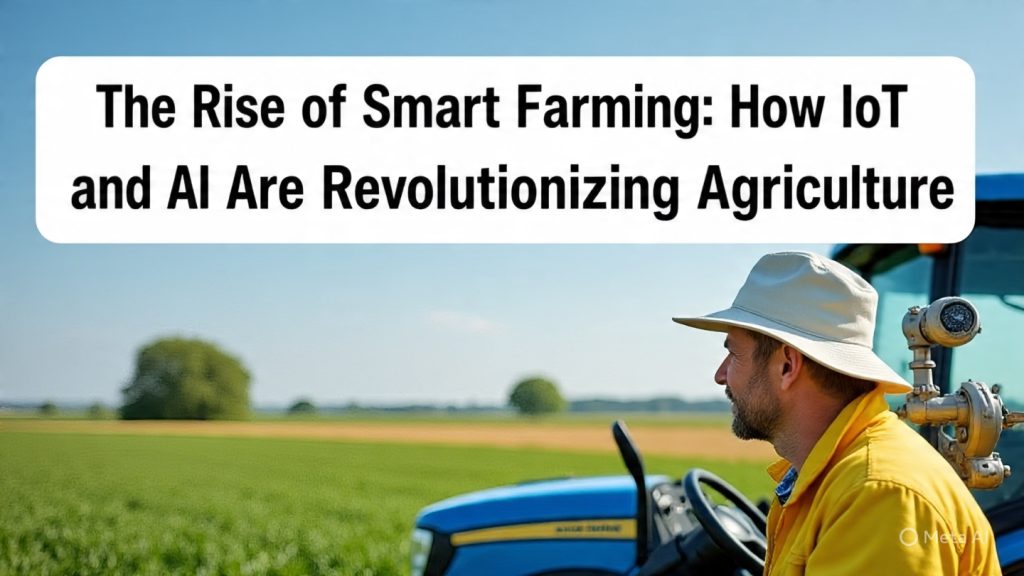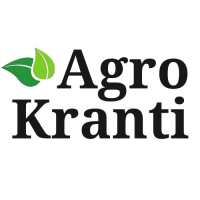The Rise of Smart Farming: How IoT and AI Are Revolutionizing Agriculture

The Rise of Smart Farming: How IoT and AI Are Revolutionizing Agriculture
The agriculture industry is undergoing a technological revolution, driven by the rise of Smart Farming practices powered by IoT (Internet of Things) and Artificial Intelligence (AI). With global food demand rising and climate change posing serious challenges, farmers are turning to advanced technologies to improve productivity, reduce costs, and ensure sustainability.
IoT in Agriculture involves using smart sensors, drones, and connected devices that collect real-time data from the field. These sensors monitor soil moisture, temperature, humidity, crop health, and even pest activity. This data helps farmers make informed decisions about when to water crops, apply fertilizers, or use pesticides—reducing waste and boosting yield.
AI takes this one step further by analyzing vast amounts of collected data to predict crop performance, detect early signs of disease, and provide actionable insights. For example, AI-powered image recognition systems can automatically detect plant diseases from photos taken by drones or smartphones. Farmers can then take preventive actions before the problem spreads.
One of the most powerful applications of smart farming is precision agriculture. Instead of applying water, fertilizers, or pesticides uniformly across a field, smart farming enables targeted application in exactly the areas where it is needed. This not only saves resources but also minimizes environmental impact.
Several startups and established companies in India and worldwide are now offering smart farming solutions, making it affordable for small and large farmers alike. From remote field monitoring systems to automated irrigation setups, these technologies are becoming increasingly accessible.
In conclusion, the combination of IoT and AI is transforming traditional farming into a more data-driven and efficient practice. Farmers embracing these technologies can expect higher crop yields, reduced input costs, and better resilience against climate unpredictability. As smart farming continues to evolve, it promises to be the future of sustainable agriculture.
